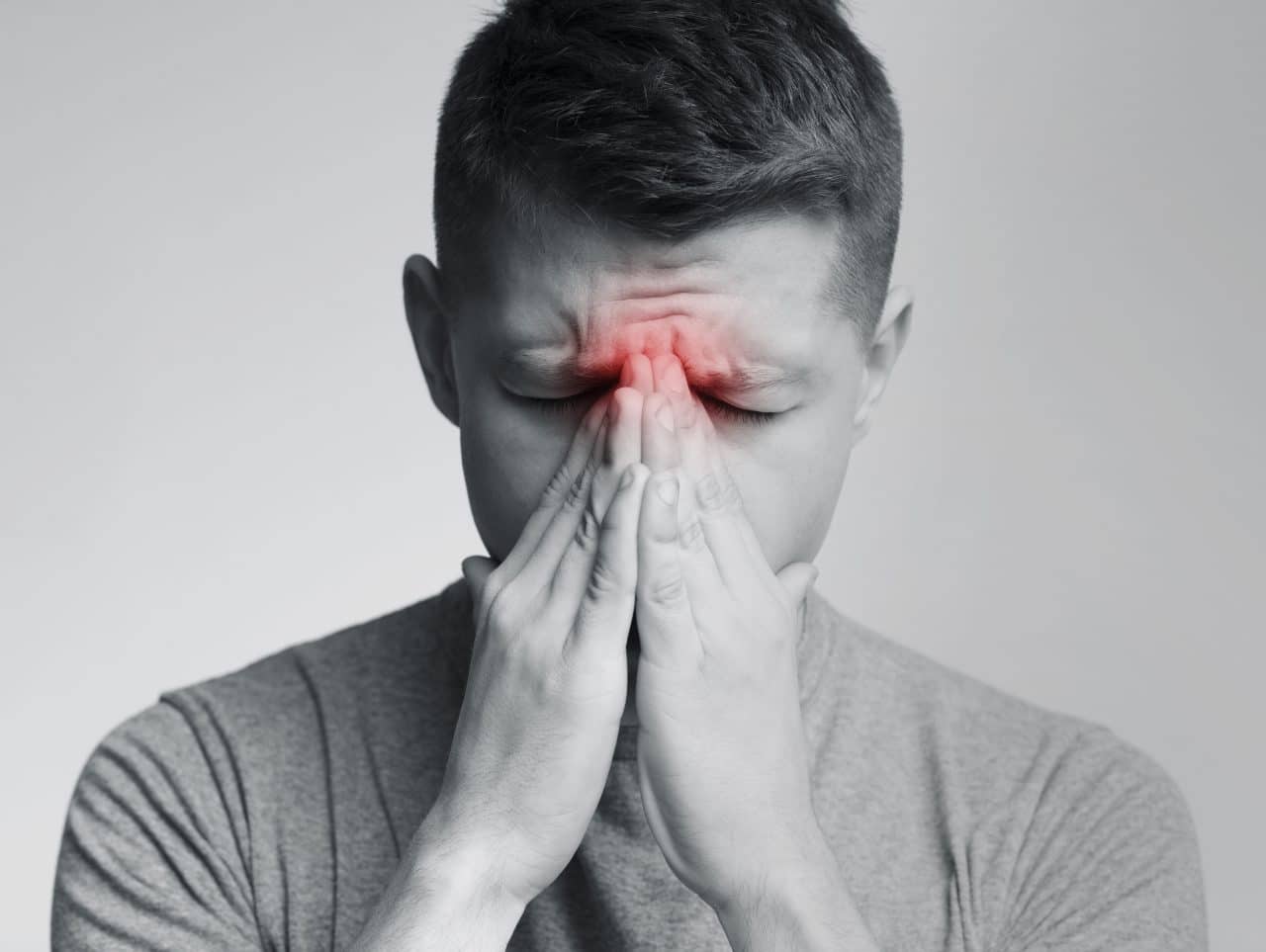If you feel that your itchy eyes, scratchy throat and sneezing after visiting Piedmont Park are getting worse with each passing year, it’s not in your head. Recent research shows that climate change is causing allergy season to last longer and pollen concentrations to be higher.
About the Study

The study, entitled “Anthropogenic climate change is worsening North American pollen seasons,” was published in the Proceedings of the National Academy of Sciences of the United States of America (PNAS) in February of this year.
Researchers measured pollen trends across North America from 1990 to 2018 and found a 20-day increase in pollen season as well as a 21% increase in pollen concentrations across North America.
The researchers also used an ensemble of climate models to test what impact climate change has, if any. They found it is the dominant driver in these changes in pollen season duration and pollen concentration.
“Our results indicate that human-caused climate change has already worsened North American pollen seasons, and climate-driven pollen trends are likely to further exacerbate respiratory health impacts in coming decades,” wrote the study authors.
Allergy Season & COVID-19
Interestingly, the worsening of allergy season in the past year has been offset to some degree by the COVID-19 pandemic. This is because more people have spent time indoors, worn masks outdoors and washed their hands more frequently, which helps limit contact with allergens.
The COVID-19 precautions may have offered a temporary reprieve, but with vaccinations rolling out and safety restrictions lifting, it won’t be long until we’re feeling the full effects of the worsening allergy seasons to come.
Finding Relief from Allergies
The best way to reduce allergy symptoms is to limit your exposure to allergens. To do this, we recommend…
- Checking local pollen counts online or on your local weather channel. Stay indoors and keep windows closed when they’re high (especially on dry, windy days).
- Shower and change clothes right away after spending time outdoors.
- Delegate outside chores to someone without allergies, or hire a professional.
- Get a head start on over-the-counter allergy medications, so they’re in your system by the time allergy season is in full swing.
- Schedule an allergy test to determine exactly what you’re allergic to.
For more information about how allergy season is changing or to schedule an appointment with an expert allergist, call ENT of Georgia today!